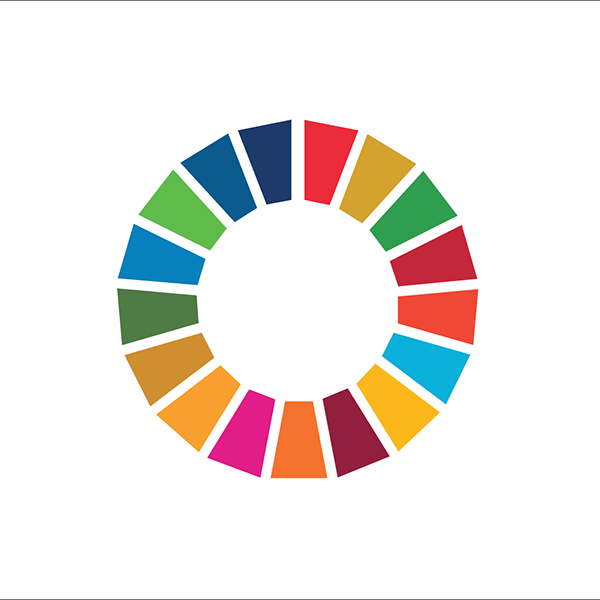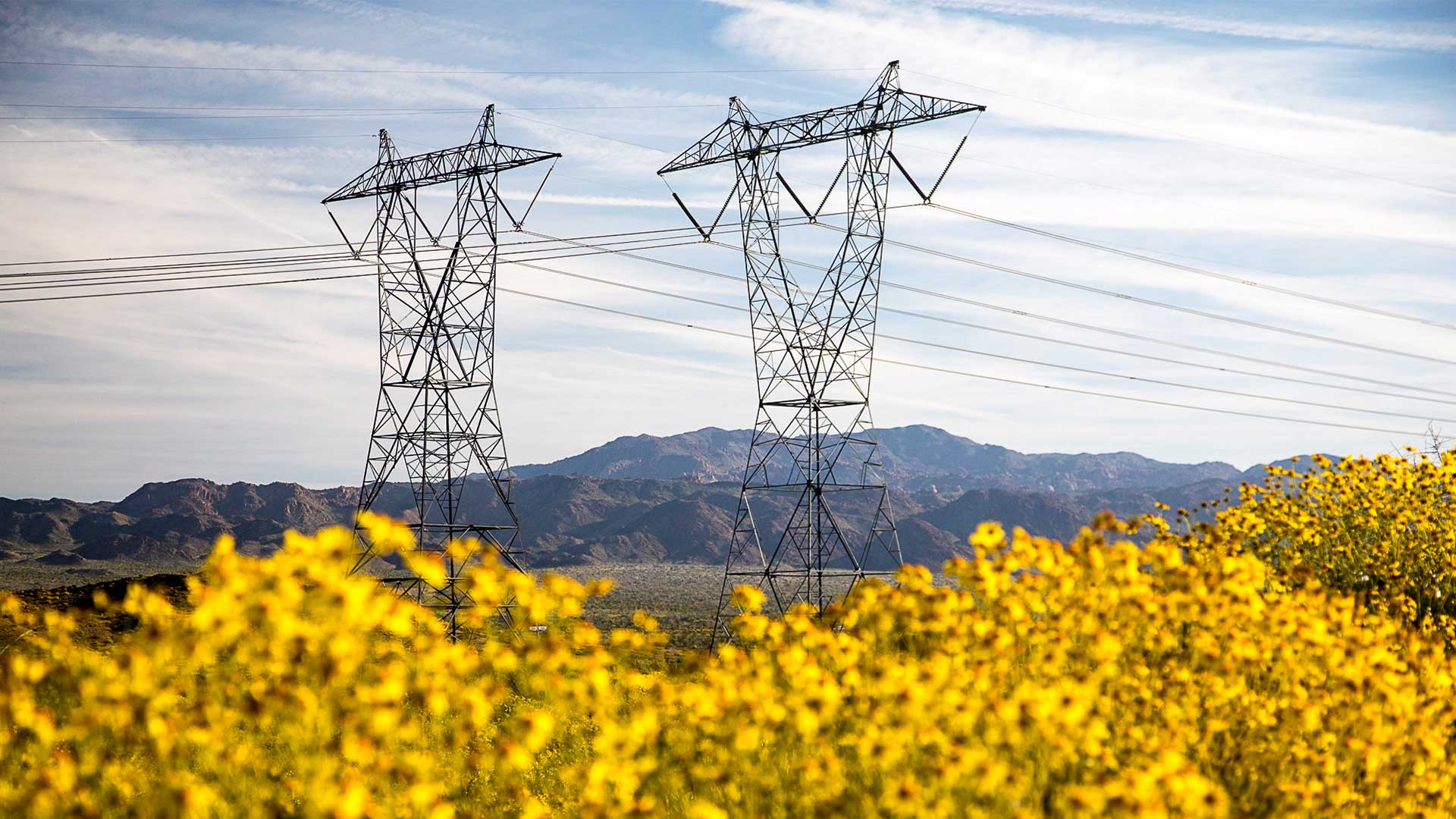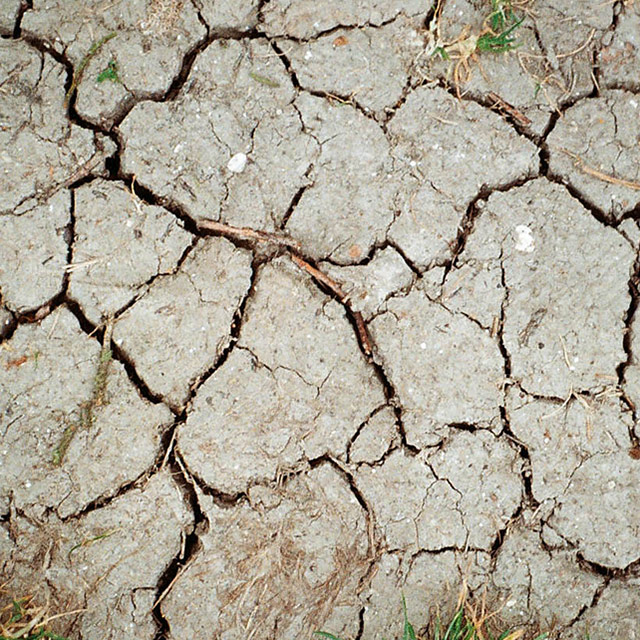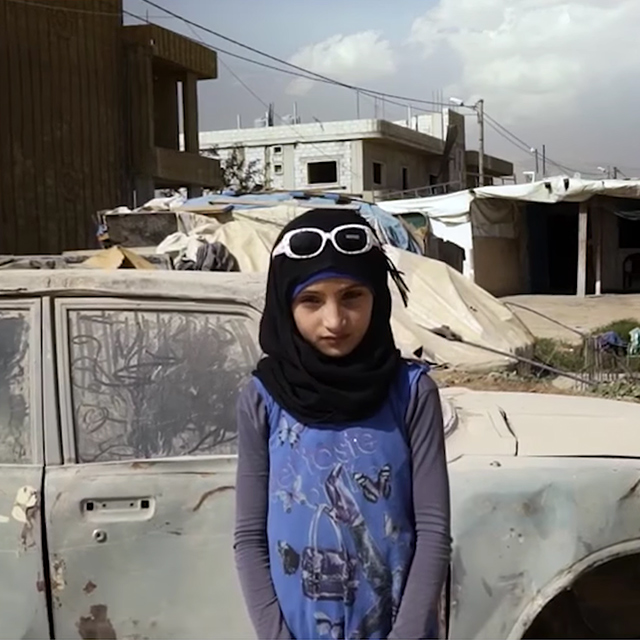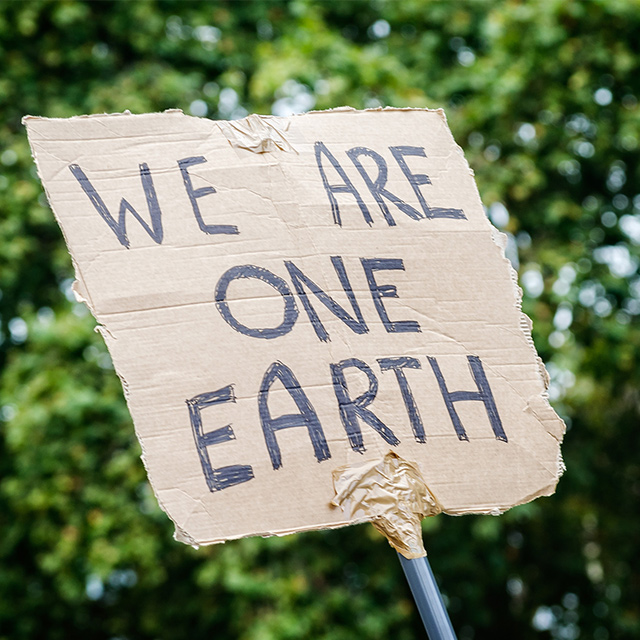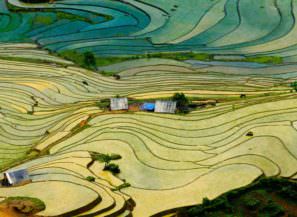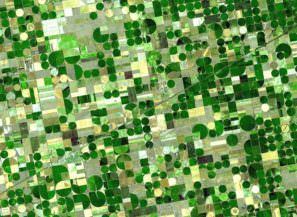Sustainable development is the most urgent challenge facing humanity. Its fundamental question is: How can the world economy continue to develop in a way that is socially inclusive and environmentally sustainable? This course provides a broad overview of the interactions between the economy, our environment, and humanity, from the constraints of finite resources to the activities that drive climate change, to equality for all.
This course is an updated version of Professor Sachs' popular 2015 course of the same name. It includes new perspectives and a reorientation towards Agenda 2030 and the SDGs.
Join us for this introduction to the tenets of sustainable development, developed by experts on the latest in the social, policy, and physical sciences.
